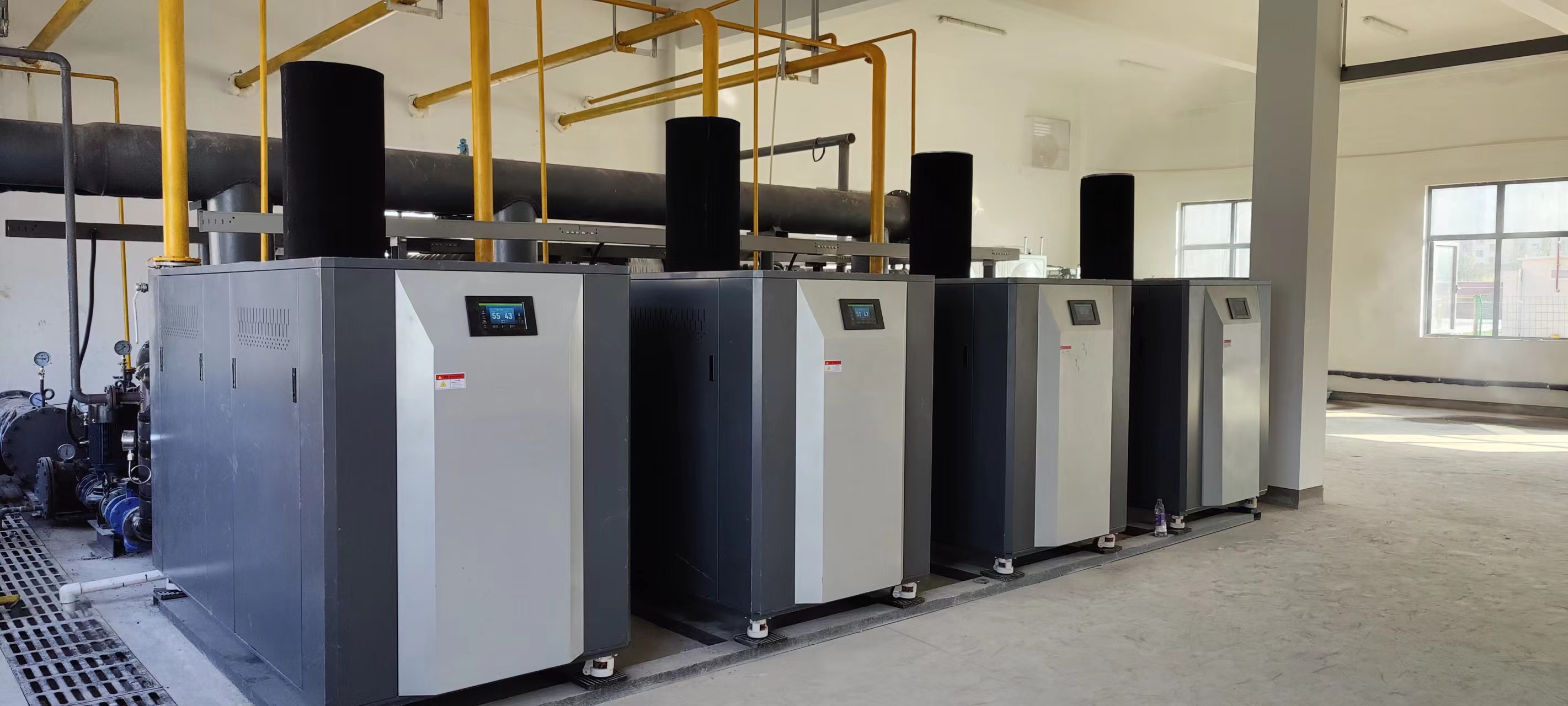Aug . 12, 2024 20:44 Back to list
Exploring the Efficiency of Fuel Oil Boilers and Their Impact on Energy Consumption
Understanding Fuel Oil Boiler Efficiency
Fuel oil boilers play a critical role in providing heat and hot water in various industrial and residential settings
. Efficiency in these systems is paramount, as it impacts operational costs, environmental footprint, and overall performance. Understanding fuel oil boiler efficiency involves exploring the mechanisms of heat transfer, fuel combustion, and the design of the boiler system.At its core, boiler efficiency is a measure of how well a boiler converts the energy in fuel oil into usable heat energy. This efficiency is often expressed as a percentage, with higher percentages indicating better performance. For instance, a boiler with an efficiency rating of 80% means that 80% of the energy content in the fuel is converted to useful heat, while 20% is lost, often through exhaust gases and unburned fuel.
Several factors influence the efficiency of fuel oil boilers. Firstly, the type of fuel being used plays a significant role. There are various grades of fuel oil, including No. 1 and No. 2 heating oils, each with different combustion characteristics. No. 2 heating oil is commonly used because it provides a good balance between cost and performance. Improved formulations, such as ultra-low-sulfur fuel oil (ULSFO), have been developed to provide cleaner combustion, which can enhance efficiency and reduce emissions.
The combustion process itself is another crucial factor affecting boiler efficiency. Efficient combustion requires optimal air-to-fuel ratios. If insufficient air is provided, incomplete combustion occurs, leading to the production of soot and a reduction in efficiency. Conversely, too much air can lead to heat loss through exhaust gases. Modern fuel oil boilers often come equipped with advanced controls and monitoring systems to optimize combustion conditions automatically.
fuel oil boiler efficiency

Heat exchanger design is also vital in determining boiler efficiency. The heat exchanger is responsible for transferring heat from the combustion gases to the water in the boiler. Modern designs often employ features such as flue gas recirculation or condensing technology. Flue gas recirculation helps to improve the heat transfer by mixing the exhaust with incoming air, while condensing boilers capture latent heat from the flue gases that would otherwise be wasted. This can increase efficiency ratings significantly, often exceeding 90% in some models.
Regular maintenance is essential for maintaining high efficiency in fuel oil boilers. Over time, components can wear down, and soot can build up within the system. Routine inspections, cleaning, and adjustments ensure optimal operation. Additionally, installing a stack economizer can help recover heat from the flue gases to preheat the incoming feedwater, further enhancing overall efficiency.
Moreover, regulatory standards are increasingly pushing for higher efficiency and lower emissions. Many regions have implemented strict guidelines that require new installations to meet specific efficiency thresholds, encouraging the use of more advanced, efficient boiler systems.
In conclusion, fuel oil boiler efficiency is not just a measure of performance; it is a critical factor in managing energy costs and environmental impact. Understanding the nuances of fuel selection, combustion dynamics, heat exchanger technology, and maintenance practices are essential for optimizing boiler operations. As technology progresses and regulations become stricter, the industry is likely to see continued improvements in fuel oil boiler efficiency, contributing to a more sustainable energy future. Embracing these advancements will ensure that fuel oil boilers remain a viable heating solution in an increasingly energy-conscious world.
-
Centrifugally Cast Iron Water Main Pipe for Reliable Mains
NewsAug.22,2025
-
Durable Centrifugally Cast Iron Water Main Pipe
NewsAug.11,2025
-
Centrifugally Cast Iron Water Main Pipes for Reliability
NewsAug.10,2025
-
High-Quality Centrifugally Cast Iron Water Main Pipes
NewsAug.09,2025
-
Durable Cast Iron Water Main Pipe & Drainage Solutions
NewsAug.08,2025
-
Buy Cast Iron Pipe: Premium Ductile Iron & Drain Solutions
NewsAug.07,2025


